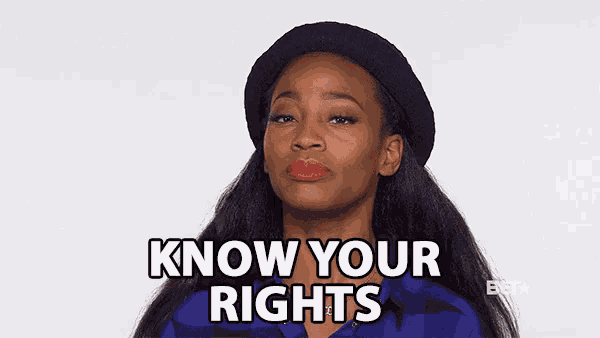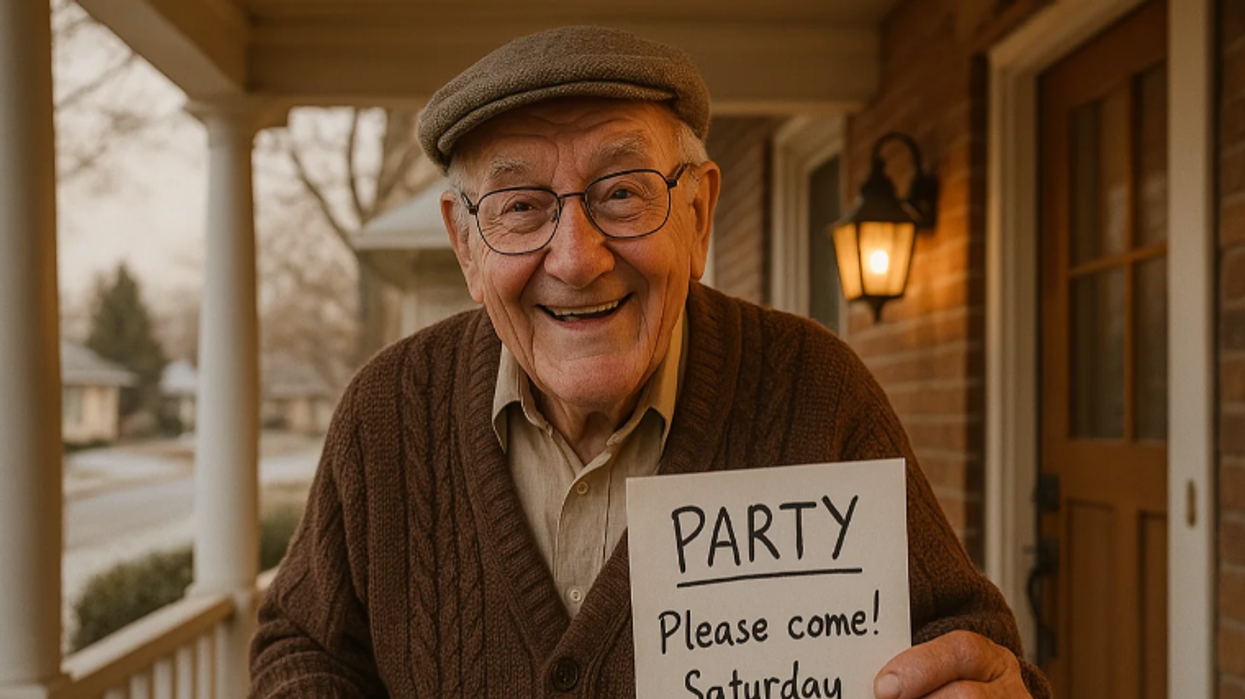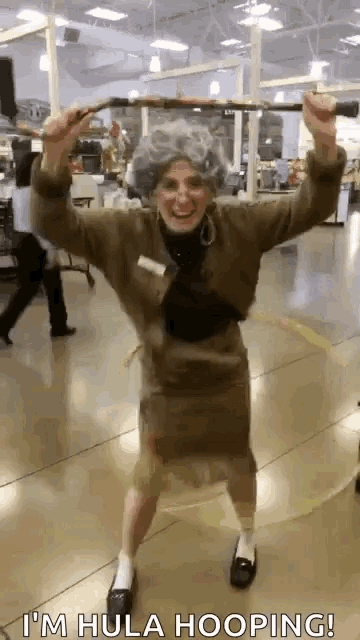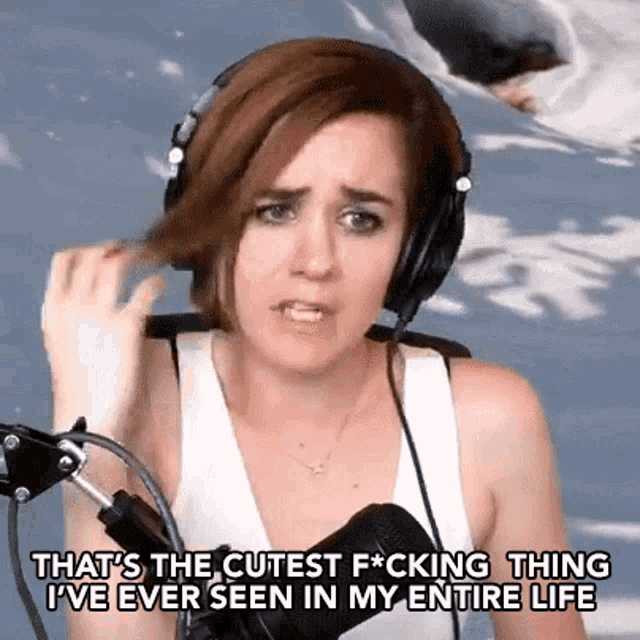People usually don’t think twice about walking into a bank and getting their own money. But when one Australian woman tried to withdraw cash, she hit an unexpected wall.
TikTok creator Taryn Compton (@basketballmumma) had planned to take out $3,500 in person—only to learn her bank had stopped offering cash withdrawals at the counter altogether. The surprise policy left her stunned, and her video about the experience quickly gained viral attention.
Banks are going cashless—but are customers ready?
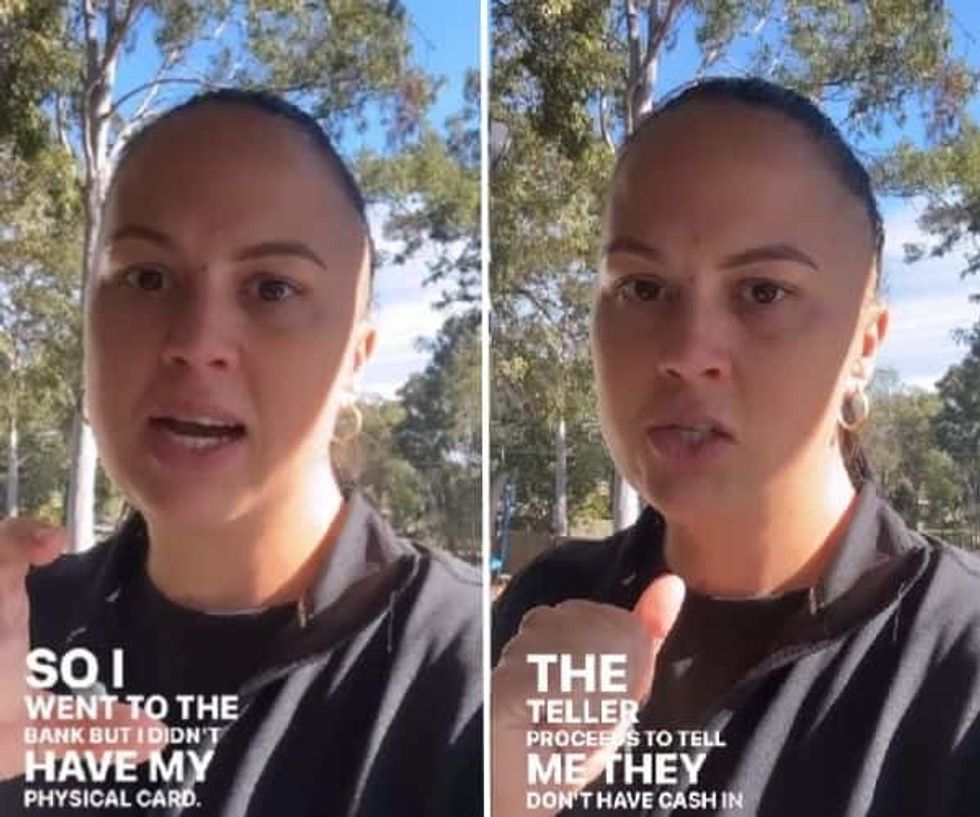
In her TikTok, Compton explained that she had gone to the bank without her physical card but wasn’t too concerned, assuming she could withdraw cash through the teller. However, that was no longer an option.
“The teller proceeds to tell me they don’t have cash in the bank anymore. You can only get it out through the ATM,” she recalled. The bank employee offered to set up a digital card for her to use at the ATM instead.
"How do you go to a bank and not get cash?"
— @basketballmumma
But when Compton tried to withdraw her money, she repeatedly got an error message. Frustrated, she returned to the teller, who suggested she try a different bank.
“Luckily for me, I am with another bank, so I transferred every single penny out of that account, closed the account while I was there, and went and got my money out at another bank," she said. "But it just got me thinking about our banking system and where we’re at."
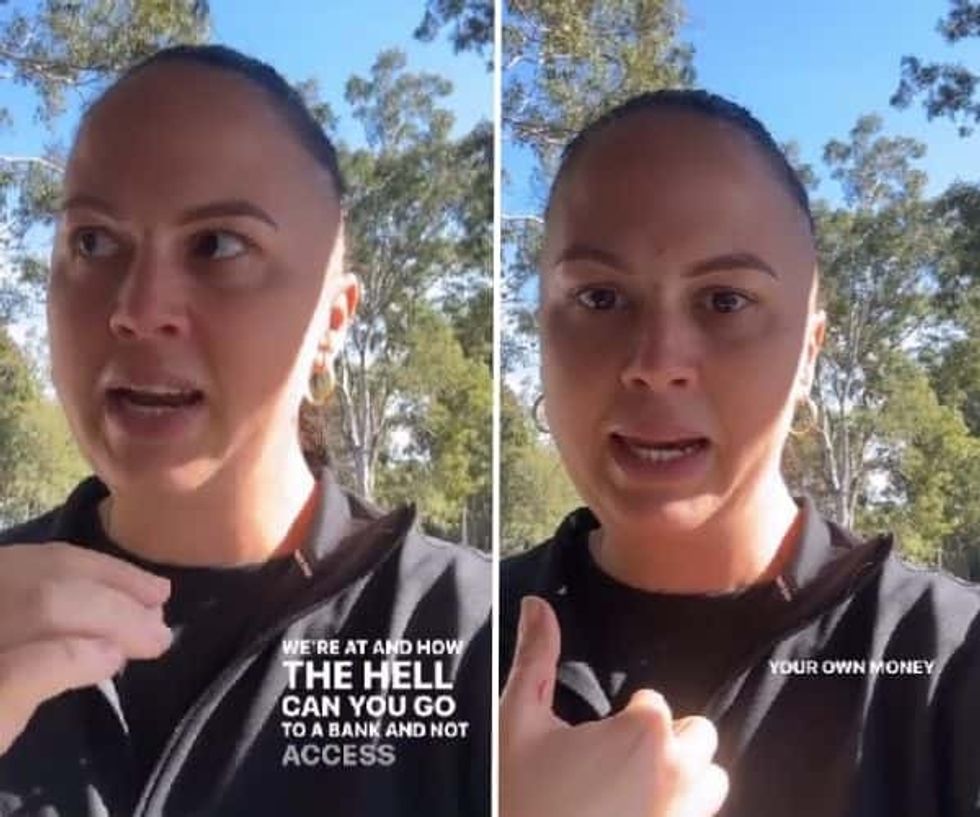
A growing trend toward cashless banking
Compton’s experience isn’t unique. Some major banks have been shifting toward a cashless model, citing decreased demand for in-person cash transactions.
"Some ANZ branches no longer handle cash at the counter but continue to have cash available through our onsite Smart ATMs," an ANZ spokesperson said.
"No cash at the bank? That’s wild!"
— @thebadunicornn
This move reflects a broader global trend as financial institutions push for digital banking solutions. But while some customers are on board, others feel blindsided by these changes.
Customers push back
Many people who saw Compton’s video were shocked that a bank could refuse to handle cash withdrawals.
@planetzeebot commented, "Cash is legal tender, so baffled how a bank cannot have cash. I would have done the same and moved banks too."
"Cash is legal tender. How does a bank not have any?"
— @planetzeebot
Others, like @Iam_calleja_, saw the shift as inevitable: "Well, I mean, we are heading towards a digital economy, so it's becoming something to expect."
@basketballmumma How the hell can you go to a bank and be told you cannot access your own money ? #ridiculous #boymum #workfromhome #passiveincome theworldhasgonecrazy #decentralized #givememymoney ♬ original sound - Taryn Compton
But for many, the issue wasn’t just about going digital—it was about control. According to Insider, as financial institutions handle even the smallest transactions, concerns about surveillance and limitations on personal spending grow.
The future of cash
As banks continue to move toward digital-only services, customers may need to adapt—or push back. While online banking offers convenience, situations like Compton’s highlight the risks of relying entirely on digital access to money.
For now, those who still prefer cash transactions may want to double-check their bank’s policies—or, like Compton, be ready to move their money elsewhere.





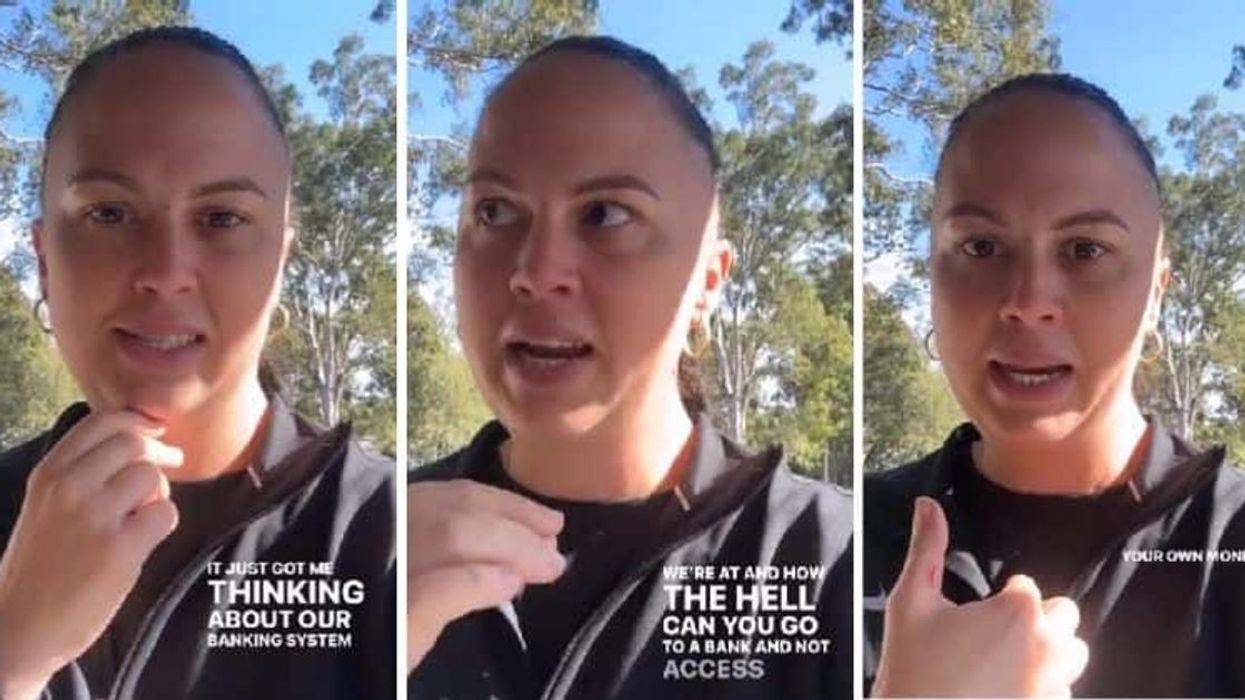





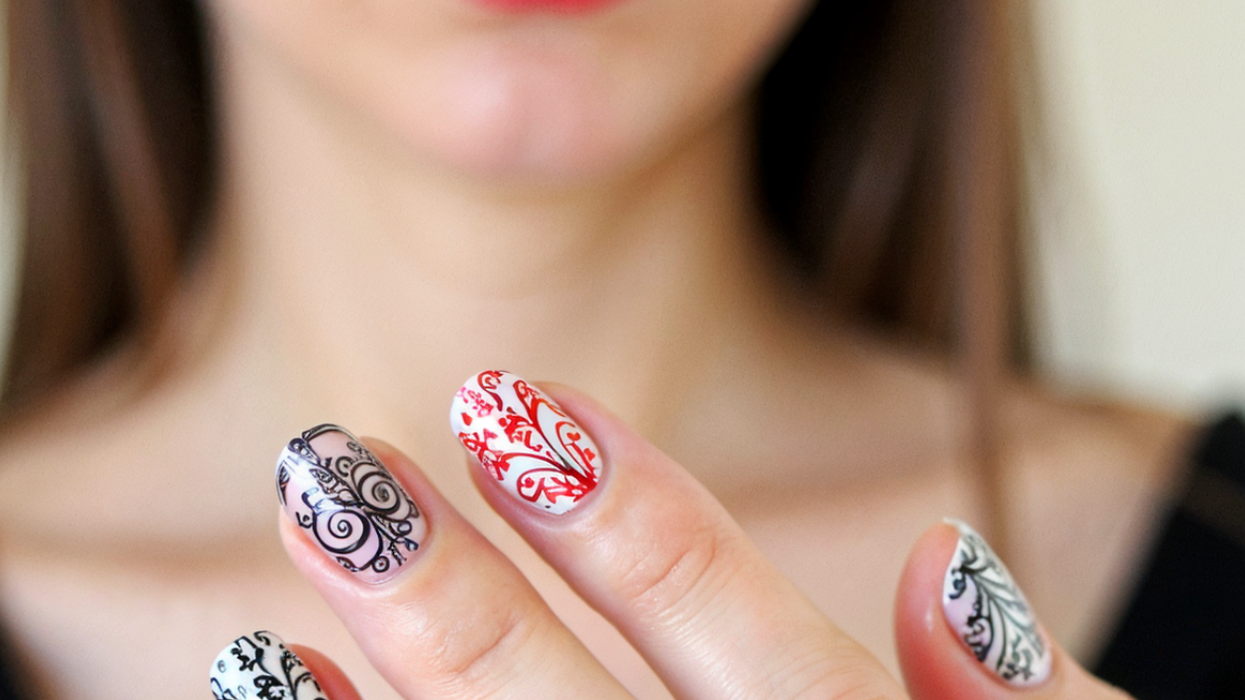

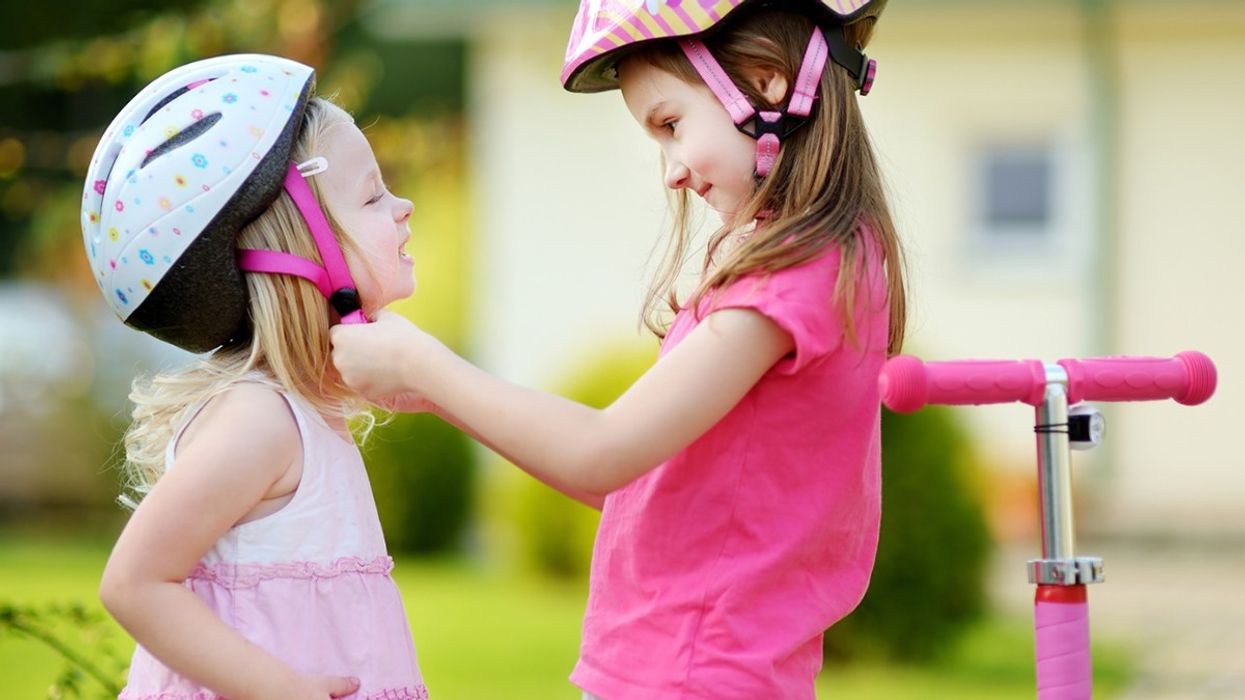



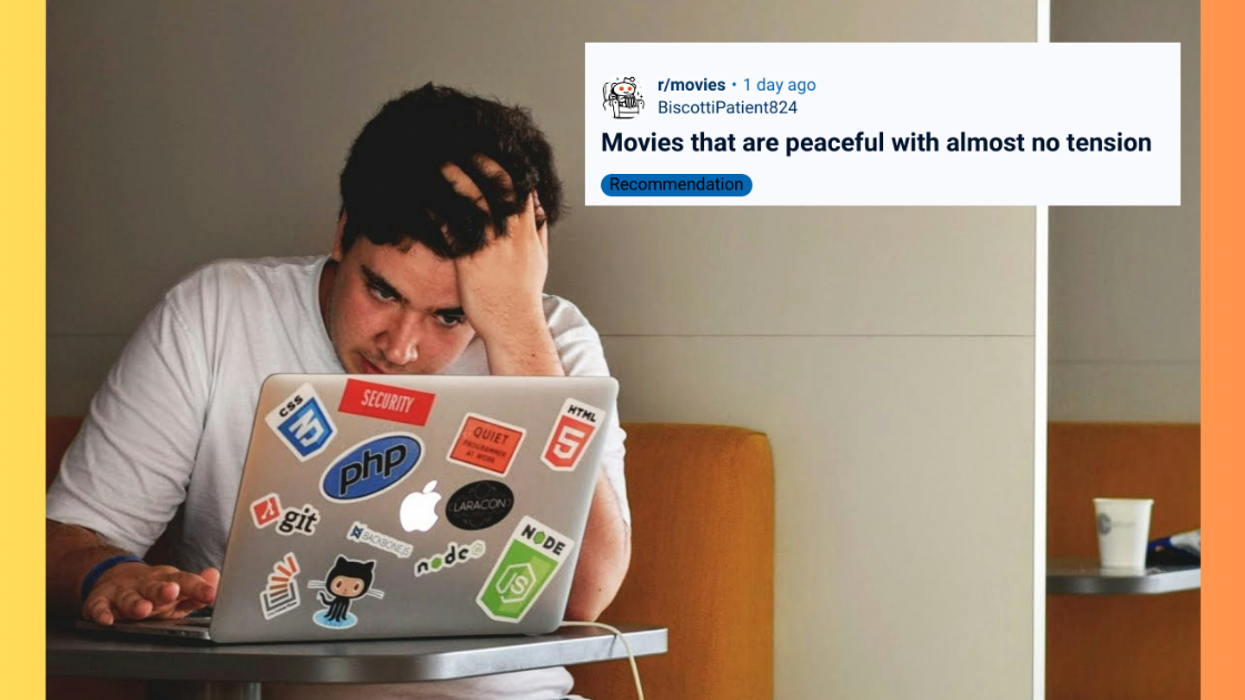

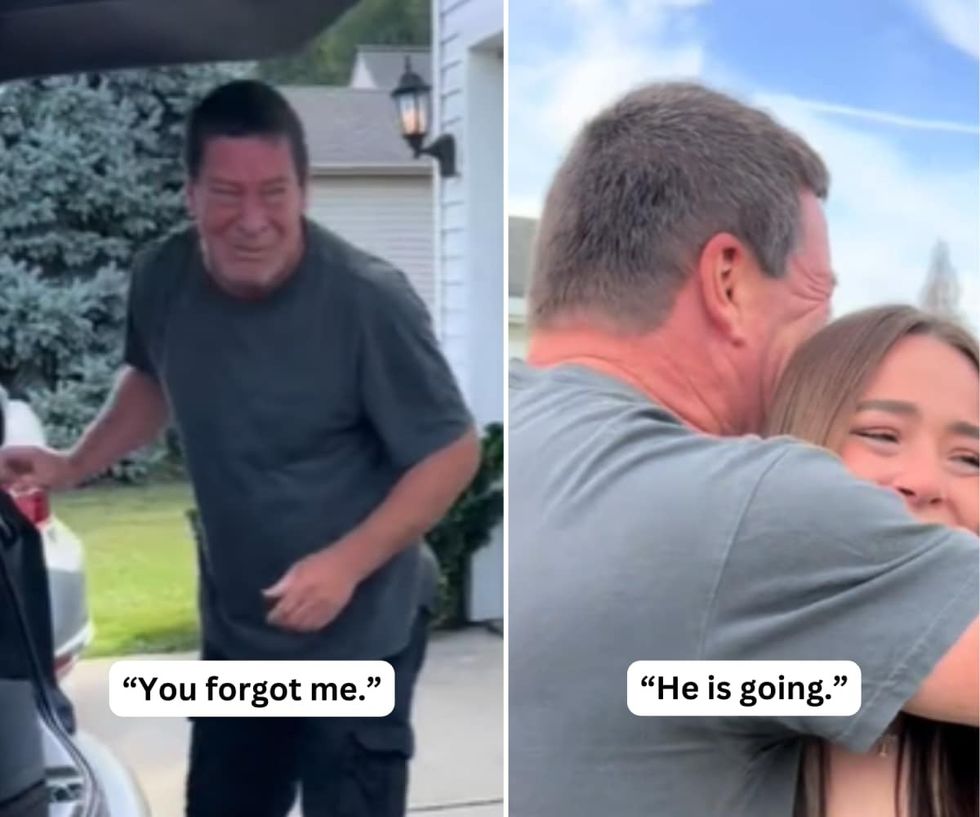

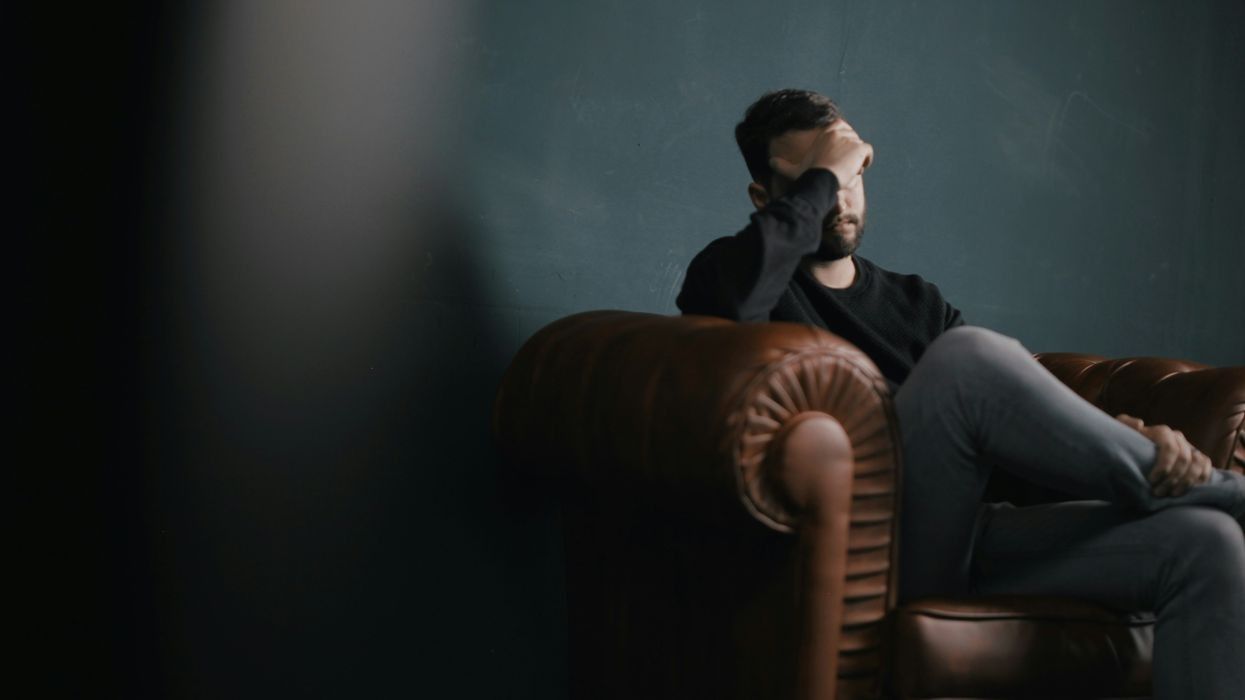



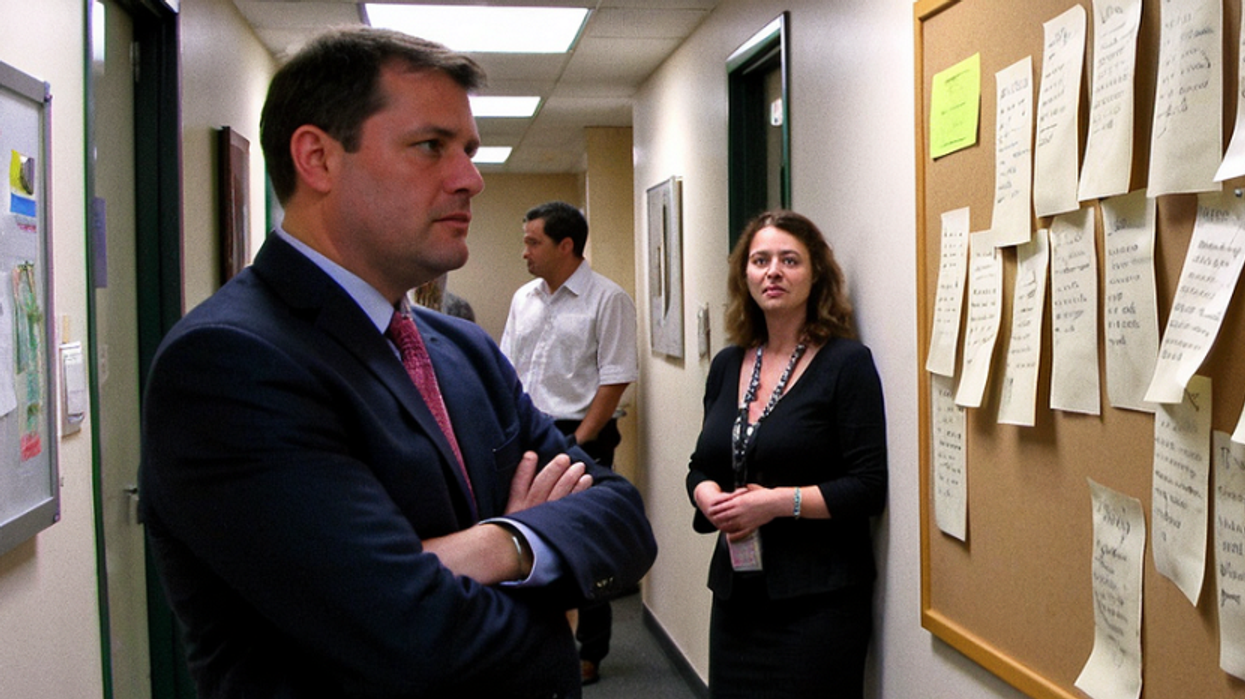
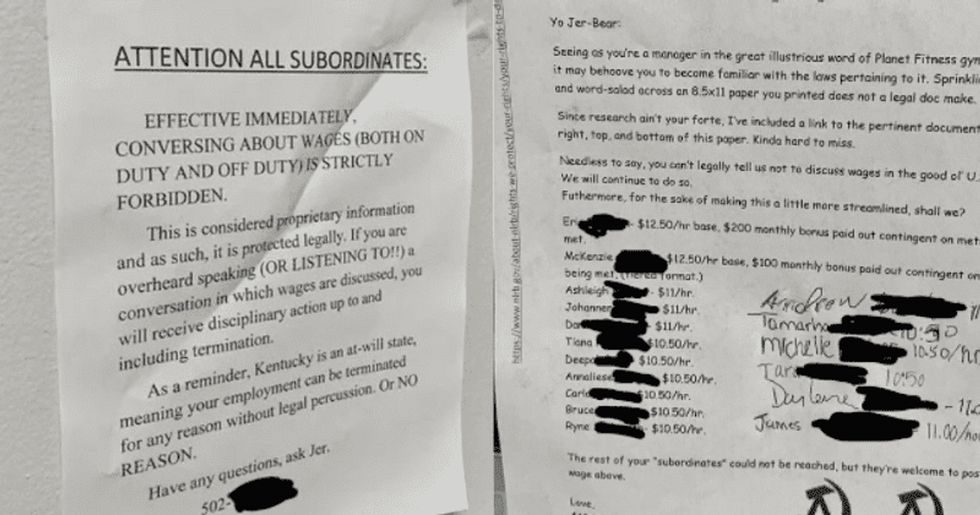 Image Source: Joshua Potash | Reddit
Image Source: Joshua Potash | Reddit 
